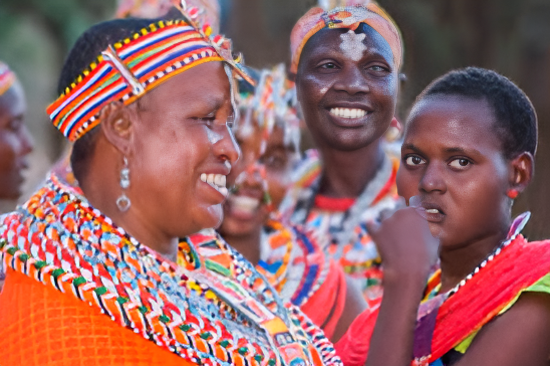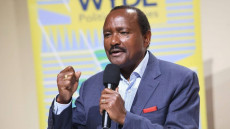- In societies where daily reports of femicide, sexual assault, stalking, and abuse are pervasive, the paradox of expecting protection from systems and individuals who often pose the danger is stark. Against this backdrop, women-only communities have emerged as safe havens, fostering safety, empowerment, and solidarity.
In societies where daily reports of femicide, sexual assault, stalking, and abuse are pervasive, the paradox of expecting protection from systems and individuals who often pose the danger is stark. Against this backdrop, women-only communities have emerged as safe havens, fostering safety, empowerment, and solidarity.
The Global Rise of Women-Only Communities and Villages have long existed as spaces of refuge and empowerment.In Africa, Asia, Europe, and America, these enclaves are providing women with opportunities to live free from fear and oppression. For instance, in Saudi Arabia, women-only cities offer professional opportunities within cultural constraints.
Similarly, in India, collectives like the Gulabi Gang work to protect women from violence and advocate for justice. In the United States, communes such as Alapine provide a safe retreat for women seeking liberation from male-dominated societal norms.These spaces are not anti-men but rather pro-safety and autonomy. They represent a reclaiming of agency in environments where patriarchal systems often fail to protect women or hold perpetrators accountable.
Umoja: A Beacon of Hope in Kenya is home to one of the most renowned women-only communities—Umoja Uaso, in Samburu County. Founded in 1990 by Rebecca Lolosoli and a group of survivors of gender-based violence, Umoja arose out of necessity. These women, ostracized for rejecting detrimental cultural practices such as female genital mutilation and built a sanctuary where they could live without fear of violence.
Umoja’s residents have turned their village into a thriving community, engaging in beadwork, eco-tourism, and livestock farming. Crucially, men are forbidden from living there in order to reduce threats, harassment or violence. Boys raised in the village are taught values of respect and gender equality, fostering a culture shift within and beyond the community.
Read More
Beyond physical safety, Umoja empowers women economically and socially. The residents manage their finances, educate their children, and make collective decisions. This sovereignty allows them to challenge traditional gender norms and inspire change in surrounding communities.
Critics often argue that they promote segregation or misandry. However, this overlooks the urgency of addressing the systemic violence women face daily.Globally, one out of three women experience physical or sexual violence in her lifetime, with many cases going unreported or unresolved due to victim-blaming and institutional failures.
In Kenya, femicide, sexual harassment, and stalking remain rampant. Women often hesitate to report such crimes, having the fear of being dismissed or blamed. Women-only communities offer an alternative sanctuary where women can rebuild their lives, heal from trauma, and live without the constant threat of harm.
These communities also play a pivotal role in breaking cycles of abuse. By fostering financial independence and emotional resilience, they empower women to reject oppressive relationships and traditions, reclaiming their autonomy and dignity.While women-only communities provide critical benefits, they face significant challenges.
Economic sustainability can be difficult, particularly in regions where women lack access to resources. For instance, Umoja has endured attacks and harassment from men in neighbouring villages who view the community as a threat to traditional power dynamics.
Moreover, critics argue that these spaces cannot address the root causes of gender-based violence. From their view, true gender equality requires collaboration between men and women. While this perspective is valid, it overlooks the immediate need for safety and healing that women-only communities provide. These spaces are not about alienating men but creating environments where women can thrive and advocate for broader societal change.












